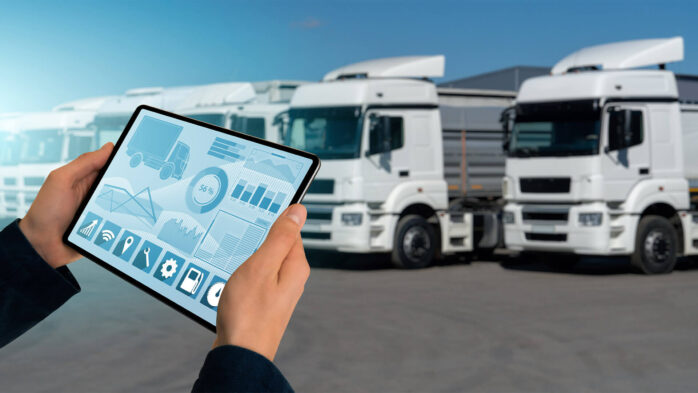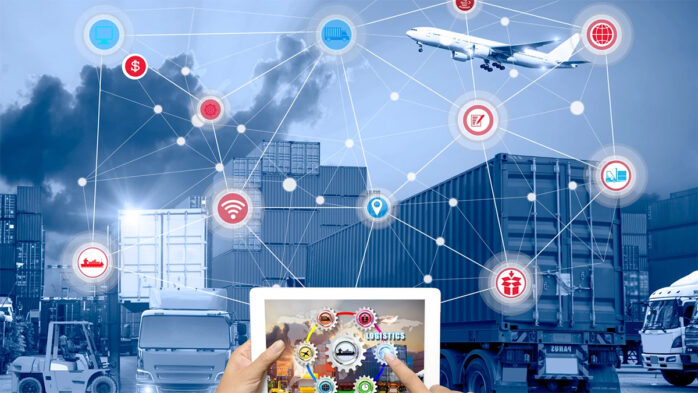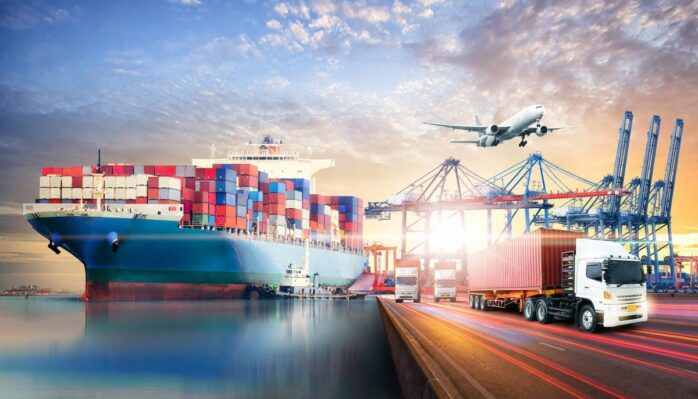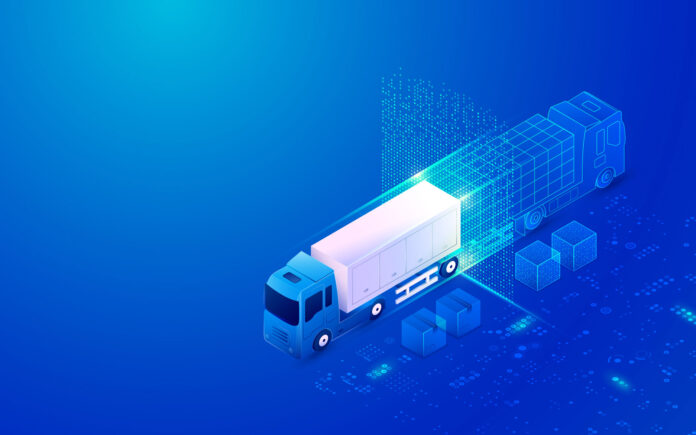As our technologies advance faster and faster, our way of life changes more and more. From domestic responsibilities and chores to complex and dangerous operations in various industries, most aspects of human life have been made easier, safer, and better thanks to contemporary technology. It is often scary to think how far we have come in such a short time span. We have had the internet for just over two decades but the world is unrecognizable when compared to the early ‘90s. How far will we go from here remains to be seen, but there is no denying that every year brings something new and exciting.
Technology Drives Progress

Some of the latest technologies have allowed us to do complicated and difficult tasks more accurately, and most importantly, more safely. Often mundane tasks like transportation seem unimportant in the grand scheme of things. We tend to think about production and use most of the time, but what about getting the product from the factory and to the customers? Transportation and logistics are crucial parts of every industry and they need to be at optimal levels if the company in question is to profit. This is why the internet of things in logistics and transportation is taking over the industries by storm.
In this article, we talk about how the Internet of Things (IoT) technology benefits the transportation and logistics industries and how it can help you if you are a part of it. There is no better way to grow and improve than through the latest technology, so why wait to be taken over by competition and left in the dust? If you are to be among the leaders in your field, you must have the right tools in your hands to do it. Keep reading to find out more.
Fleet Management

Transportation and logistics rely on the fleet. There is no one without the other, which is why the management of the trucks, vans, or semis needs to constantly be at the highest of levels. Managing so many outgoing and incoming shipments is difficult with old technology, even more so if you have been doing it the old-fashioned way. There is no room for that in the 21st century, not anymore. Real-time monitoring is what you require so that your fleet can drive the business forward.
Quick reactions and smart changes can only happen if you have all the info you need at any time. Logistics companies should always strive for improvement and updates, and most of their budget should go towards safekeeping the fleet. Real-time tracking and ensuring the drivers know the best routes, that they have the best fuel consumption, and that the wait and response times are lower across the board is what the industry needs.
Transit and Route Management

Having the delivery addresses and sending the fleet to their destinations is not enough if you want optimal performance and cost-effectiveness. Knowing how long it takes the truck to get to a certain place and which route it takes is crucial because every road and every mile matters. It is a daily struggle to calculate when or if the vehicle is going to make its next stop, or when it should make it. IoT makes this easier to thanks to the EAT side of the whole system.
Estimated arrival time is important whenever something is being delivered, meaning the transportation and logistics industry depends on it all the time. Reaching destinations on time and returning back on time through the busy transit system is not possible unless you have something to help you calculate in real-time. Tracking is done through GPS devices in vehicles that exchange data with the central system. This way, the drivers will always know which road to take and do the job faster and more efficiently.
Load and Asset Management

Apart from the fleet used for deliveries, model transportation and logistics company has numerous other assets to think about. Keeping track of physical assets like equipment, tools, and the goods that are being shipped is made easy with IoT technologies. Since they come in all sorts of examples like wearable tech, smart home devices, smart shelves, and even drones, you can set it up to keep track and manage all the property you have.
Making sure that the right load is delivered can be done by introducing such solutions in the vehicles, while the things you need to keep in your own storage can also be tracked through smart solutions in your own warehouse. Efficiency, security, and cost reduction are all at risk if you lack the knowledge of numbers. Humans are prone to fatigue and errors, smart technologies like IoT are not. Theft detection is a fan-favorite aspect since it prevents large warehouses from being broken into and stolen from.
Miscellaneous

There are numerous other benefits of IoT in transport and logistics and it would take us a few more articles to mention them all in detail. While the aforementioned ones are some of the biggest, there are others that also matter dearly to every company dealing with this line of work. Weight measurements and container temperature are two such things. Weighing systems and temperature monitoring solutions are crucial for certain loads and they help with figuring out how something can be delivered faster, better, and safer. These parameters can be accessed through mobile apps so that the drivers can keep track of it as well and not just their colleagues back at the office.
Transparency and communication are two very important sides of every business and you already know how much smart technologies can help us on those fronts. Customer service can also benefit if you have the latest in IoT gadgets that can deal with a larger volume of requests or questions. Last but certainly not least, employee safety will also be on a higher level because there will be fewer dangerous machines to work with on a daily basis. Technology can predict the behavior of devices and alert the staff of approaching malfunctions and accidents, potentially saving both lives and costs.




